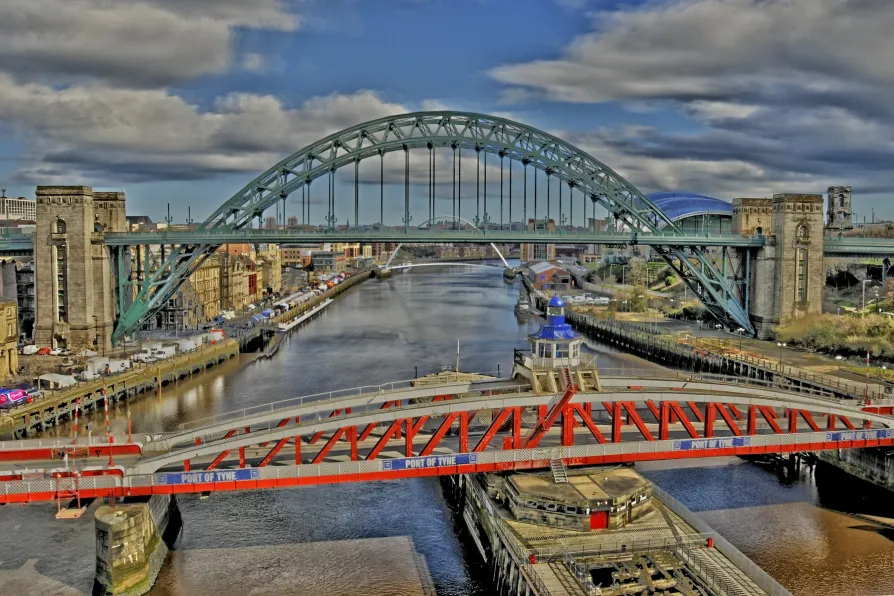We need a changed ownership model to rejuvenate northern towns for good
If we’re serious about sustainability, we need to create local asset bases, says North of Tyne Mayor JAMIE DRISCOLL


WHAT should Labour do to revitalise the towns of northern England? Well, let’s take an analytical approach to this: some don’t need revitalising.
There’s affluent towns, like Alnwick and Morpeth, that are among the least deprived places in Britain.
There’s pockets of poverty even in these places, of course, but they’re very different from towns like Blyth, where there’s a 45 per cent incidence of multiple deprivation. So it’s the old industrial towns that are struggling.
Similar stories

Austerity in a red tie is still austerity, warns RAMONA McCARTNEY of the People’s Assembly – rally with us to demand different choices

It’s tiring always being viewed as the ‘wrong sort of woman,’ writes JENNA, a woman who has exited the sex industry

LUKE FLETCHER fleshes out Plaid Cymru's plan for the revitalisation of Wales's economy

As the ‘NRx movement’ plots to replace democracy with corporate-feudal dictatorship, Britain must pursue a radical alternative of local food security and genuine wealth redistribution to withstand the coming upheaval, writes ALAN SIMPSON










